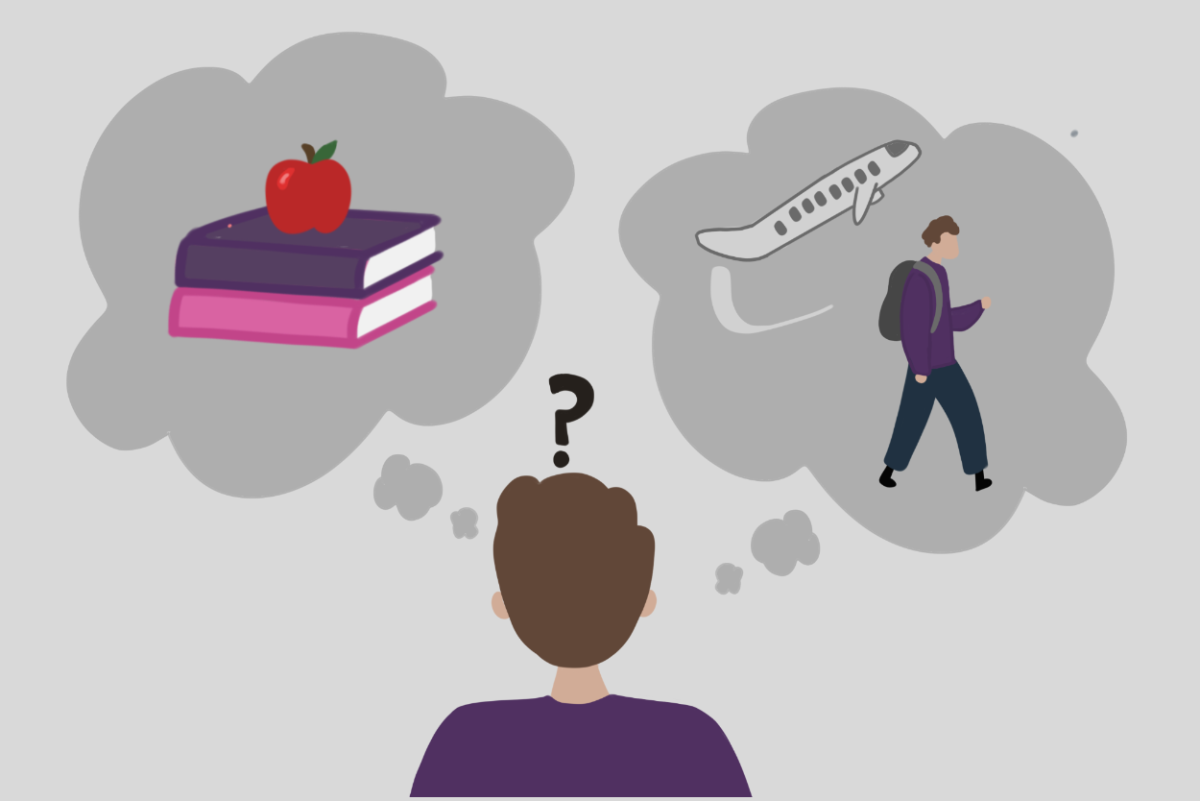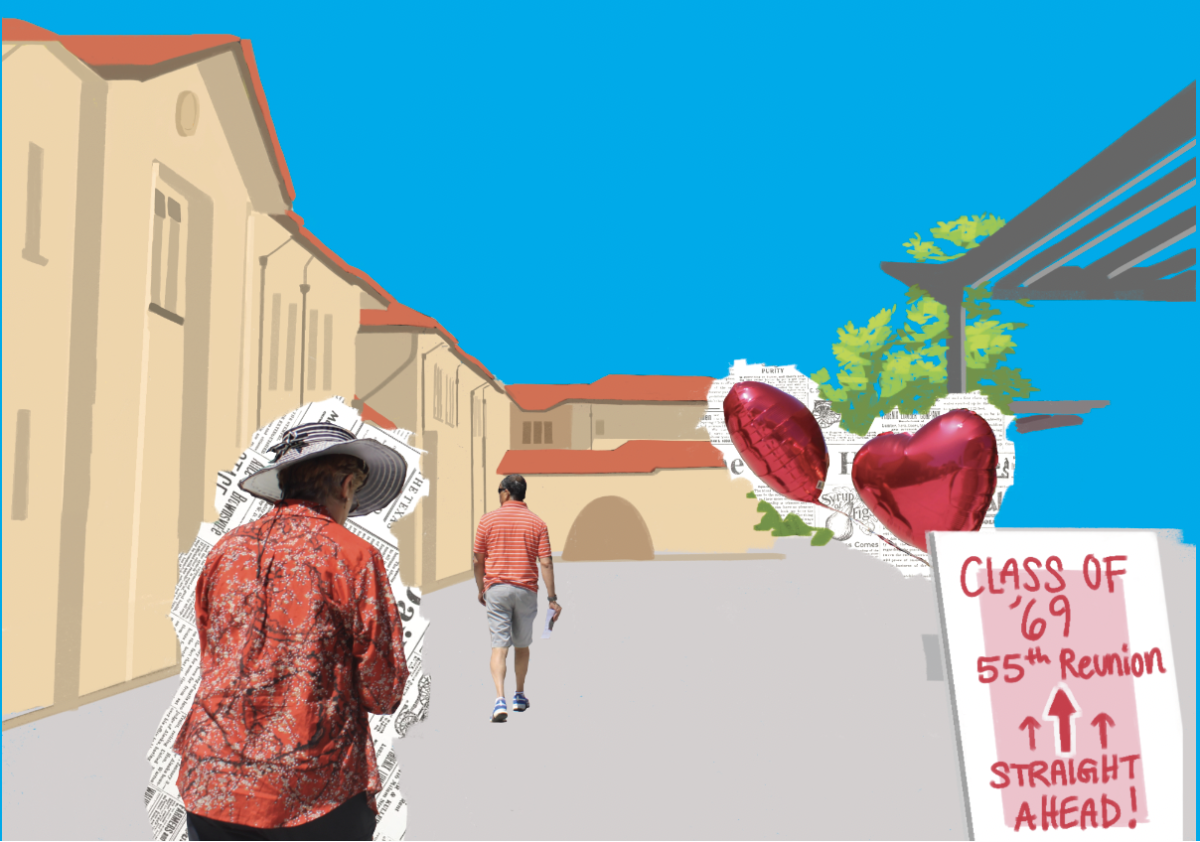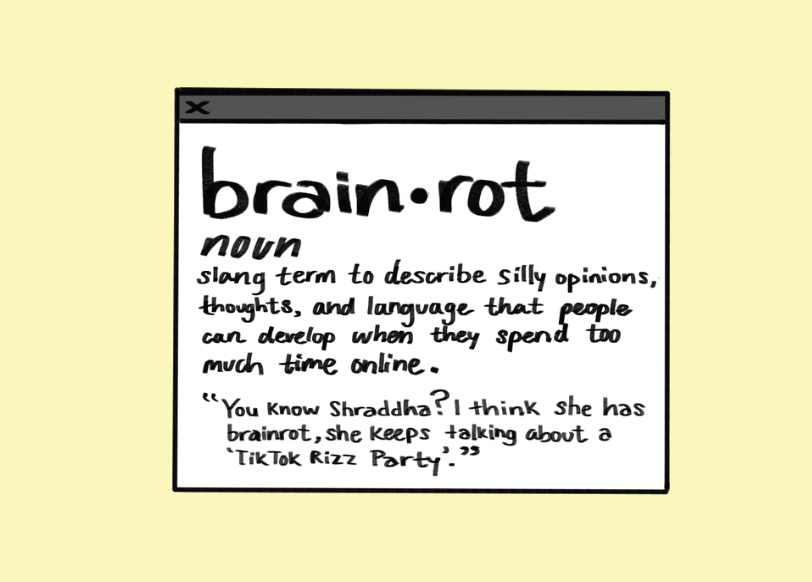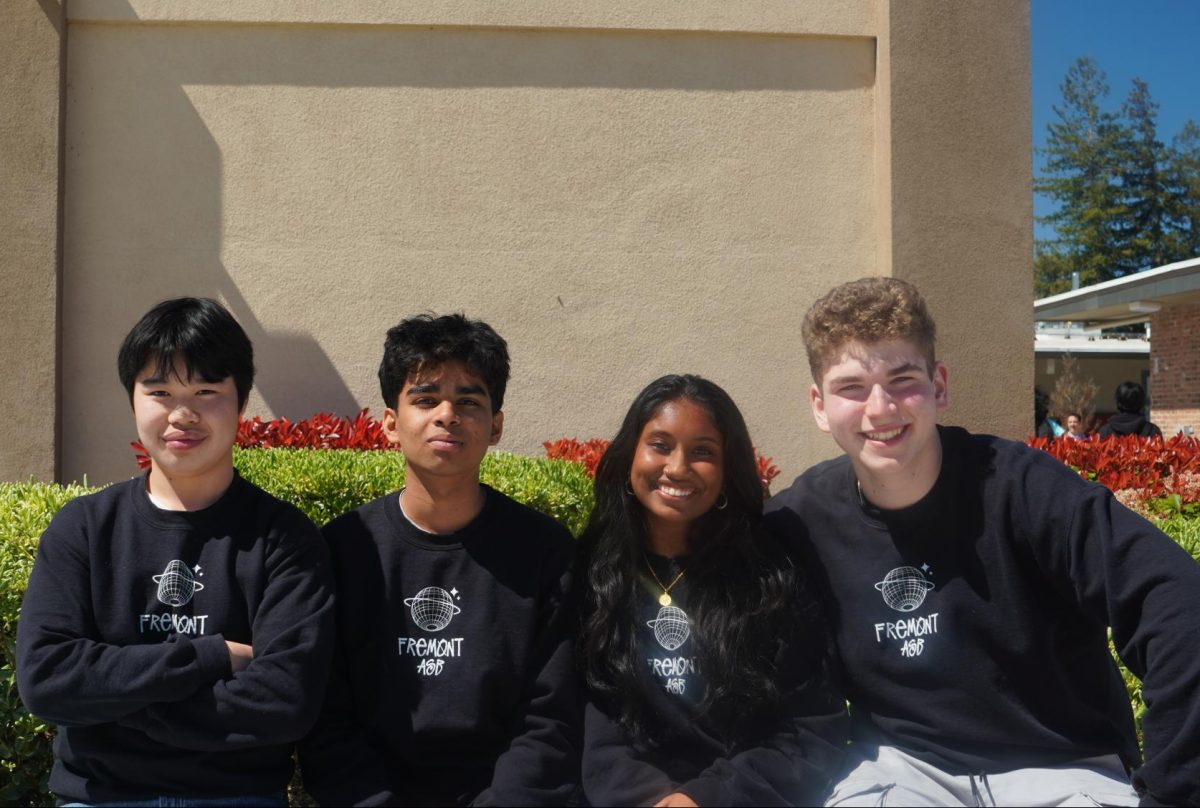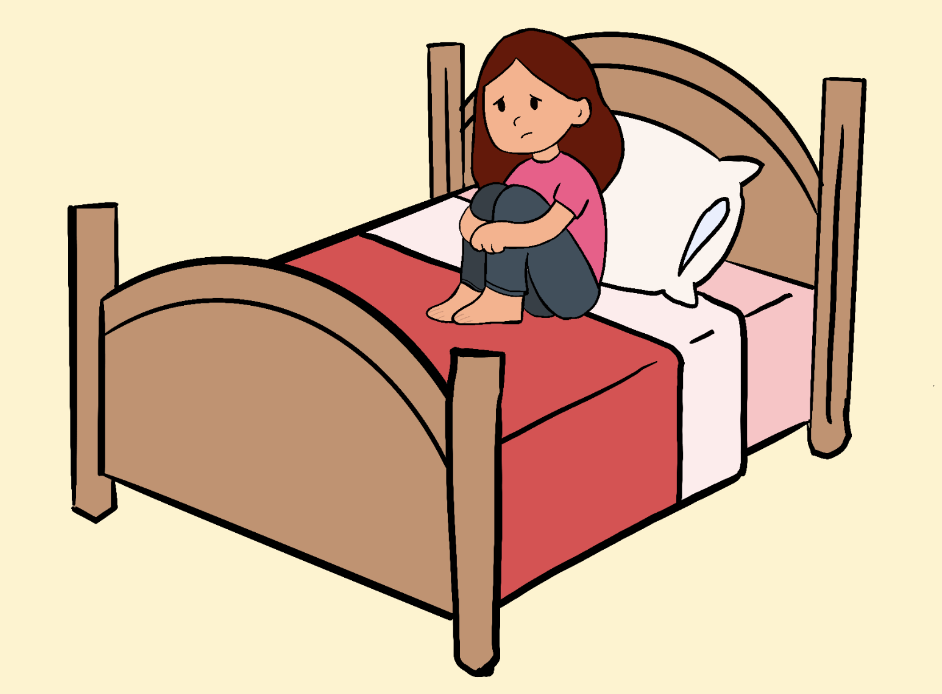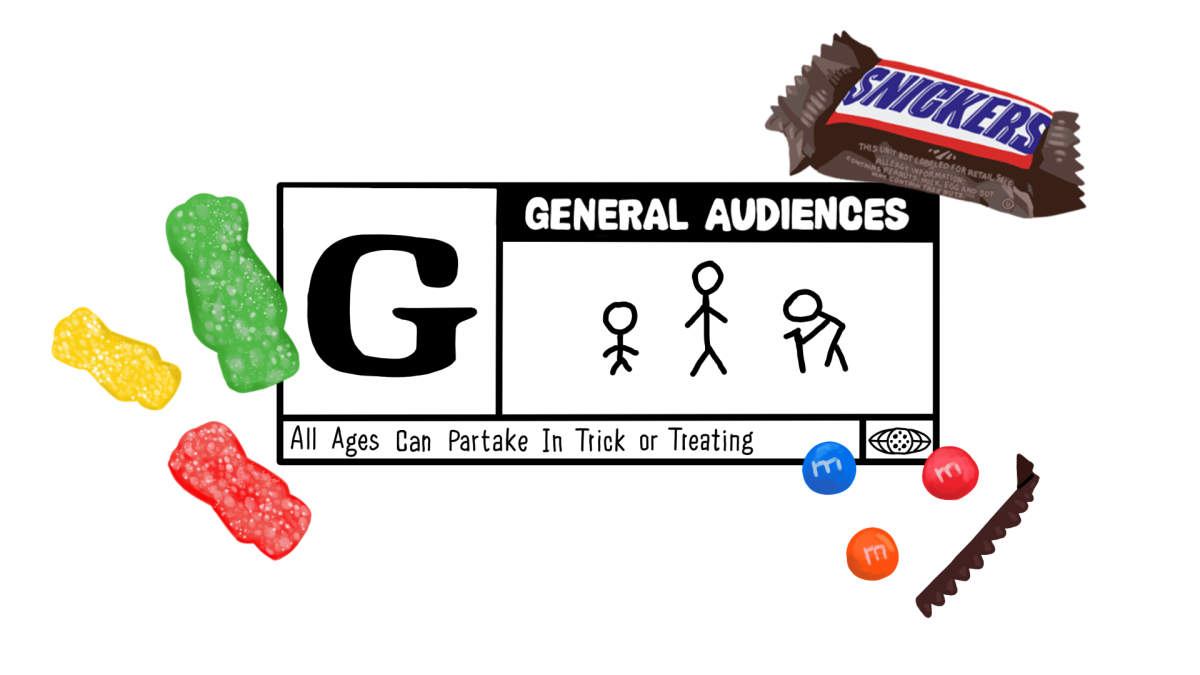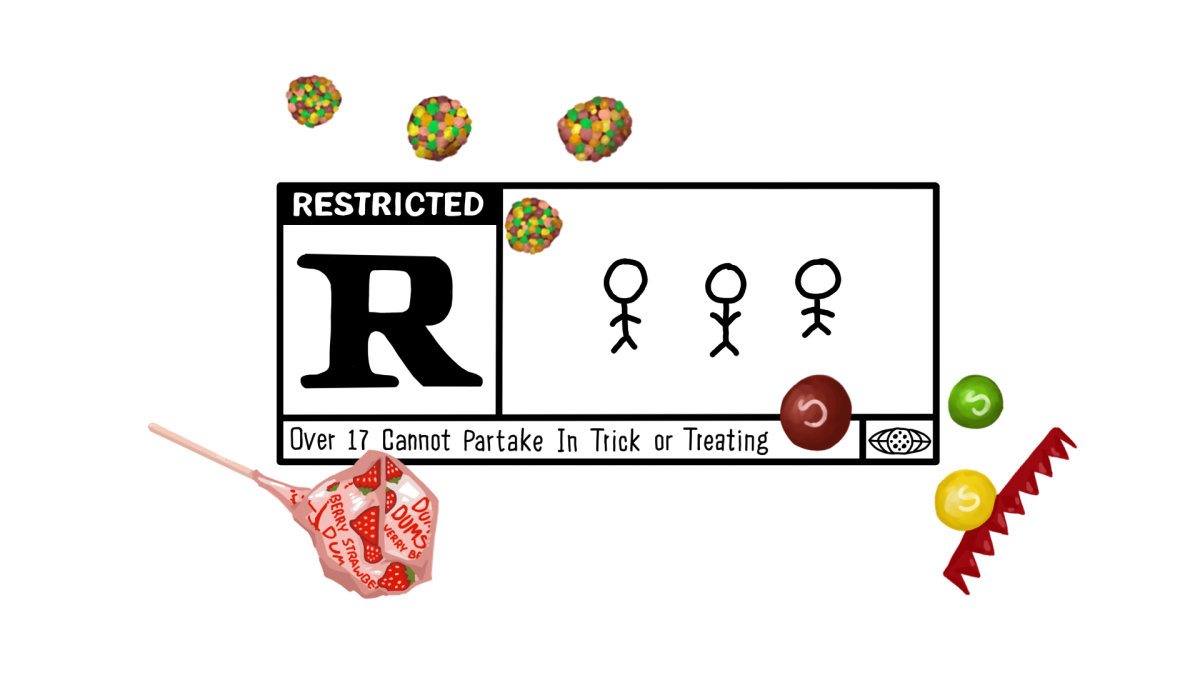When deciding what to do after high school, students have multiple paths to consider. Some decide to go to community college for two years and transfer to a university, while others decide to go directly to university or stay at community college for all four years. Some students decide to not go to college at all and begin their careers immediately after high school.
However, prior to going to college, one option is to take a gap year. Gap years can be beneficial as they allow students to enjoy their time as a young adult before having all the responsibilities of rent, employment and more. Gap years also allow students to experience living independently before entering adulthood.
On paper, gap years seem very beneficial and fun, but many dislike the idea of spending a year to themselves. Living in Silicon Valley leads to immense comparison and judgment. The Bay Area is home to many start-ups, engineers and high-tech employees. The competitive environment of the area leads to unfair comparison as students are expected to follow the path that local adults followed. This causes unrealistic standards for grades and classes in high school, resulting in immense stress post-high school.
When growing up in this dynamic, students are expected to begin thinking about college when they are in middle school. Students who do not take AP classes are occasionally made fun of or looked down upon. Schools outside the Bay Area have much lower AP student populations. However, since students are only able to compare themselves to what they see every day, they attempt to exceed the average Bay Area student.
When students decide to take gap years before entering their college life, it puts their own experiences in life before academics. While this experience can be very eye-opening and enjoyable, it is frowned upon because it exemplifies the action of putting one’s enjoyment, mental health or life before academics. It is often said that people who do not take academics seriously will never be successful, but in reality, people are able to start or finish their education process at any age they desire. The 2020 Gap Year Association Survey Report states that 95% of surveyees said that their experience in taking a gap year prepared them in being successful with their next step. In different countries, it is normalized for people to begin college at the age of 25 or even later.
The lack of diversity in occupations in the Bay Area leads to inaccurate judgment of the world and the requirements expected in order to be successful. This causes unnecessary stress when deciding future education. In reality, many successful people take different routes to their success rather than simply going to college directly after high school.
While gap years are not for everyone, they are often ruled out of any consideration due to the stigma around them. This can lead to people missing out on unique experiences without reason.


